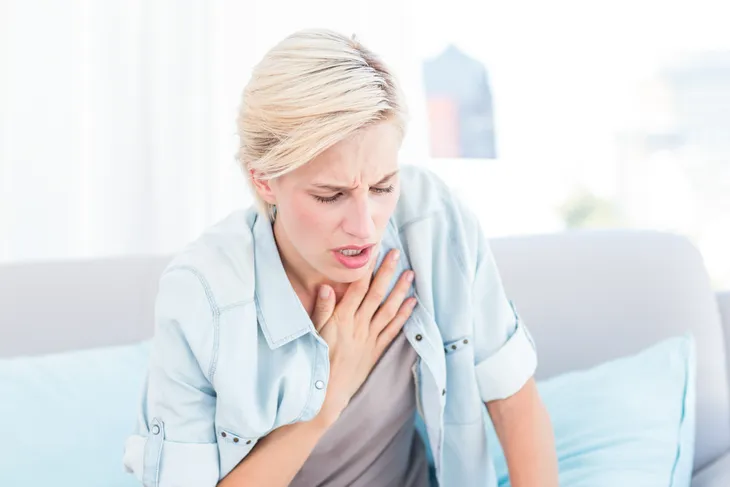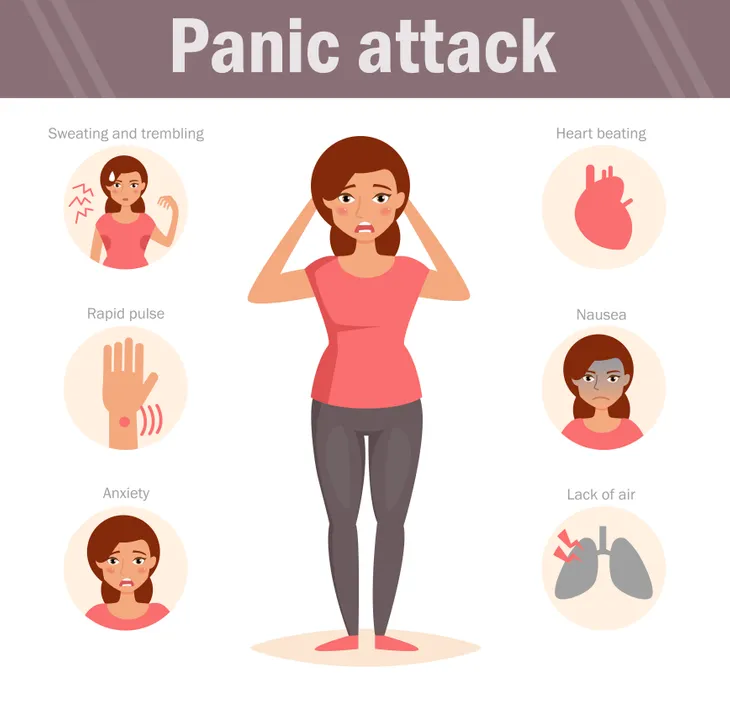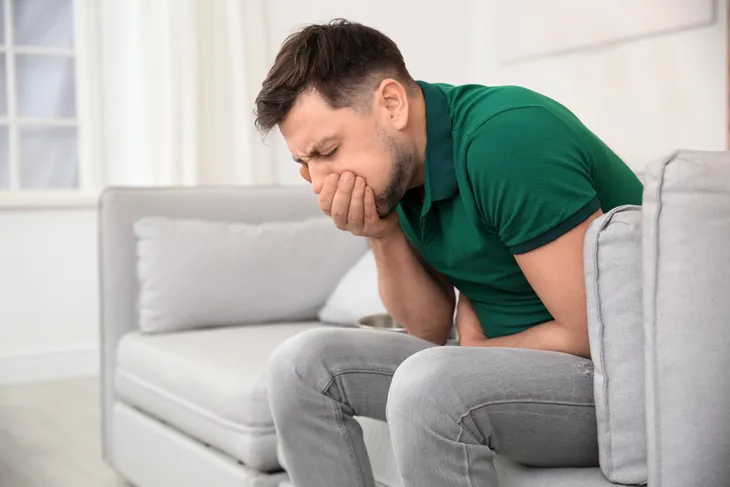For those who have never experienced a significant panic attack, there may be some skepticism about the condition, its causes, and its impact on the mental and physical well-being of the person affected. But a growing body of research shows that panic attacks are in fact very real, and pose a serious threat to the physical health of those afflicted.
The question is, how do you know if you’re having a panic attack? And beyond that, how can you tell what you’re experiencing is a panic attack and not another kind of medical condition, such as a stroke or heart attack. For those who regularly experience panic attacks, often as a result of a panic disorder, it’s crucial to learn the signs of an attack and develop thoughtful steps for overcoming the issue without event.
Difficulty Breathing
One of the primary signs of a panic attack is difficulty breathing. This can have a lot to do with the activity of the heart during an attack, as the heart often races or experiences palpitations. If the breathing trouble continues for long enough, it can lead to significant chest pain and a more intense panic attack.
If you know a panic attack is coming on, try to slow your breathing. Rather than taking rapid and shallow breaths, stretch out your breaths and take long, measured breaths of air. At the same time, try to slow your mind to match your breathing — slow, deep, steady. This can help stop the breathing trouble and help you ease out of the panic attack.
Chest Tightness or Pain
One of the first and most noticeable signs of a heart attack is tightness, even pain, in the chest area. But chest tightness or chest pain isn’t always a sign that a heart attack is about to take place; instead, it’s often a sign that a panic attack is taking hold of the patient.
This isn’t particularly surprising, as a panic attack can lead to shorter, less deep breaths that, in time, can feel like chest pain and general tightness. Unless you have already been diagnosed with a significant heart condition, the chances that chest pain is a sign of a heart attack are small. If, however, you frequently get panic attacks, try to resolve the matter by slowing down your breathing. However, if you’re not sure it’s a panic attack and are concerned that you may be having a heart attack, you should seek immediate medical attention.
Wanting to Avoid Places or People
If you have panic disorder, or experienced a panic attack in the past, you may be hesitant to spend time in the places or with the people you were around when previous attacks took place. This is a of a symptom of a condition called panic disorder known as “anticipatory anxiety” and can affect the way a patient looks at people, places, even things associated with a previous serious panic attack.
To break with this anticipatory anxiety and restore your original perception of people and places associated with a panic attack, try meditation. Remember that the panic attack probably had little to do with the people, places or things that were present when the original attack occurred. It may require one to repeat this line of rationale many times before they begin to absorb the message.
Phobic Avoidance
If you find yourself constantly avoiding certain types of situations, such as large or small meetings or get-togethers, you may be experiencing phobic avoidance, which can result from a panic attack or even the development of panic disorder. Phobic avoidance may also be related to fear of places where escape is difficult, leading the patient to constantly search for exits even when no emergency is visible.
Avoiding certain types of situations or environments is typically a reaction to a highly unpleasant event that led to a panic attack in the past. Phobic avoidance can be manageable, though if left untreated and allowed to build, it can grow into agoraphobia, which is a far more difficult problem to treat.
Agoraphobia
In extreme cases of panic disorder, agoraphobia can emerge. Agoraphobia is similar to phobic avoidance (where one avoids certain types of situations as much as possible) but has a far greater impact. Generally speaking, agoraphobia involves a paralyzing fear of being in places or situations where you feel trapped that would be difficult to escape from in the event of a panic attack.
Agoraphobia often emerges from panic attacks and panic disorder — it can be the result of failing to properly treat the latter conditions. The result can leave the patient unable to visit places where a lot of people are present, from malls to concert venues and sports arenas. In some extreme cases, it can leave people fearful of leaving home at all, making it difficult for them to work or interact with others in any capacity.
Nausea, Lightheadedness, Sweating
In addition to chest pain and difficulty breathing, feelings of nausea, lightheadedness and sweating round out the major signs of a panic attack. These symptoms may not come all at once and may not be present during every panic episode. However, someone with frequent panic attacks — or someone diagnosed with panic disorder — will likely experience many of these symptoms at some point or another.
The body’s response to a panic episode often involves taking a series of rapid and shallow breaths that can intensify existing symptoms or lead to the emergence of new ones, including upset stomach, sweating, and dizziness. As is the case with chest pain and difficulty breathing, the best response is to slow down, take a seat, and take long, slow breaths. To distract the mind from the cause of the panic attack, focus on a comforting memory — such as a recent trip or get-together with friends and family.









